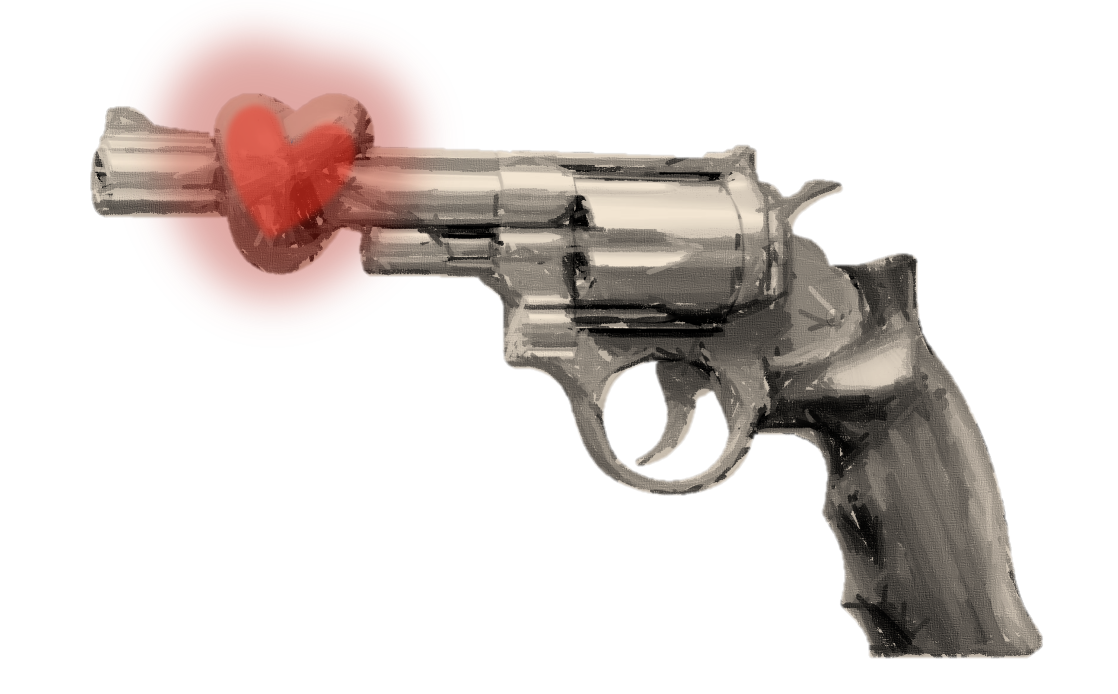Political violence does not work. And yet some people think it does. Some political violence is the result of delusional people on a rampage. But many sane people still believe in its efficacy.
Consider the appalling case of the attack on House Speaker Nancy Pelosi’s husband in San Francisco. The attacker wanted to send a political message. But he ended up in jail. The real message here is that violence is wrong, and a danger to our democracy.
Or consider any of a long list of examples. The riots of Jan. 6 failed to achieve their objective of overturning the 2020 election. The attacks of 9/11 failed to drive the U.S. out of the Middle East. The assassination of Martin Luther King, Jr. failed to stop the Civil Rights movement.
We could look back further. Lincoln’s assassination failed to stop the abolition of slavery or keep the North from winning the war. And even further back, the assassination of Julius Caesar failed to stop Rome from becoming an empire. The killing of Jesus of Nazareth did not stop Christianity from becoming one of the world’s largest religions. And killing Socrates did not stop philosophy.
I’ve simplified things here, quite a bit. There is often no single motive behind political violence. And sometimes the motive is lost in madness and mystery. We don’t really know why Oswald killed Kennedy, which is why conspiracy theories linger. Surely some of those who murdered Caesar were playing power games. And Socrates was killed by Athenians seeking a scapegoat after losing a war.
But the bottom line is that killing an individual does not stop a movement, a system or an idea. Violence does not change people’s minds about truth, justice, or morality. Minds are changed through education and argument. Substantial changes in law and politics require negotiation and compromise, as well dialogue and deliberation.
The focal point of political violence is on the moment and the act. It is “spectacular,” as I explained in more detail in a book I wrote about nonviolence. Violence attracts our attention. It is an explosive and unexpected outburst that disrupts things. Violent acts provoke responses. But the response rarely unfolds as the attacker wants it to. The attacker controls the moment. But the system and society control the response.
The feverish imagination of violence is episodic and individualistic. The assassin imagines that if he kills person X, everything will change. But that is a misunderstanding of how life and politics work. The daily grind of political life is not spectacular. It does not occur in explosive moments and exciting episodes. Rather, it involves the boring work of persuasion and coalition building.
Ideas, laws, and movements are larger than persons. If person X is eliminated, there will be Y and Z who are committed to the same ideas. And if X is murdered, her followers will be angry and even more committed to the cause.
We forget this because we’ve been taught a version of history that focuses on the biographies of great men and women. We blame Nazism on Hitler, for example. But if Hitler had been killed, the Nazi party would not have crumbled overnight.
The history of Christianity provides an interesting example. The leaders of the Christian movement were murdered by the Romans. Jesus was crucified, as was Peter. And Paul was beheaded. Many martyrs were killed after them. But the movement continued to grow.
Things are more complicated in the case of wars and revolutions. But again, these things rarely work out as planned. The 20-year war in Afghanistan reminds us of that. Violence and war are unpredictable. And it is ideas and systems that matter.
The American revolution is often held up as a paradigm of effective violence. But was it the violence that mattered — or the ideas that were fought for? And would those ideas have endured even if the revolution had failed?
Martin Luther King Jr. said, “in spite of temporary victories, violence never brings permanent peace. It solves no social problem: it merely creates new and more complicated ones.” Human problems need humane solutions. Violence operates in the realm of animal power and physical force. It is subhuman and inarticulate. And it usually makes things worse.


